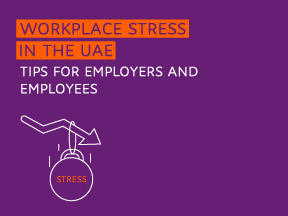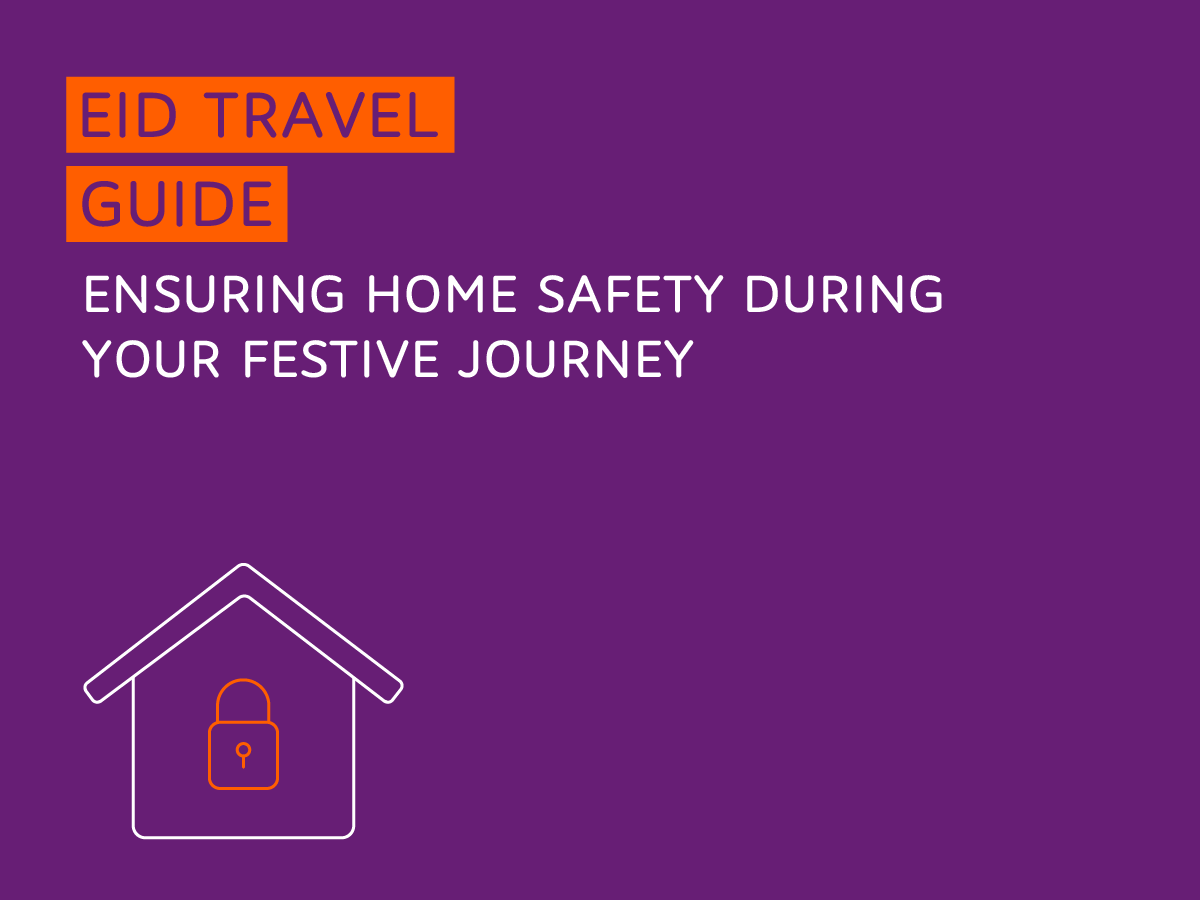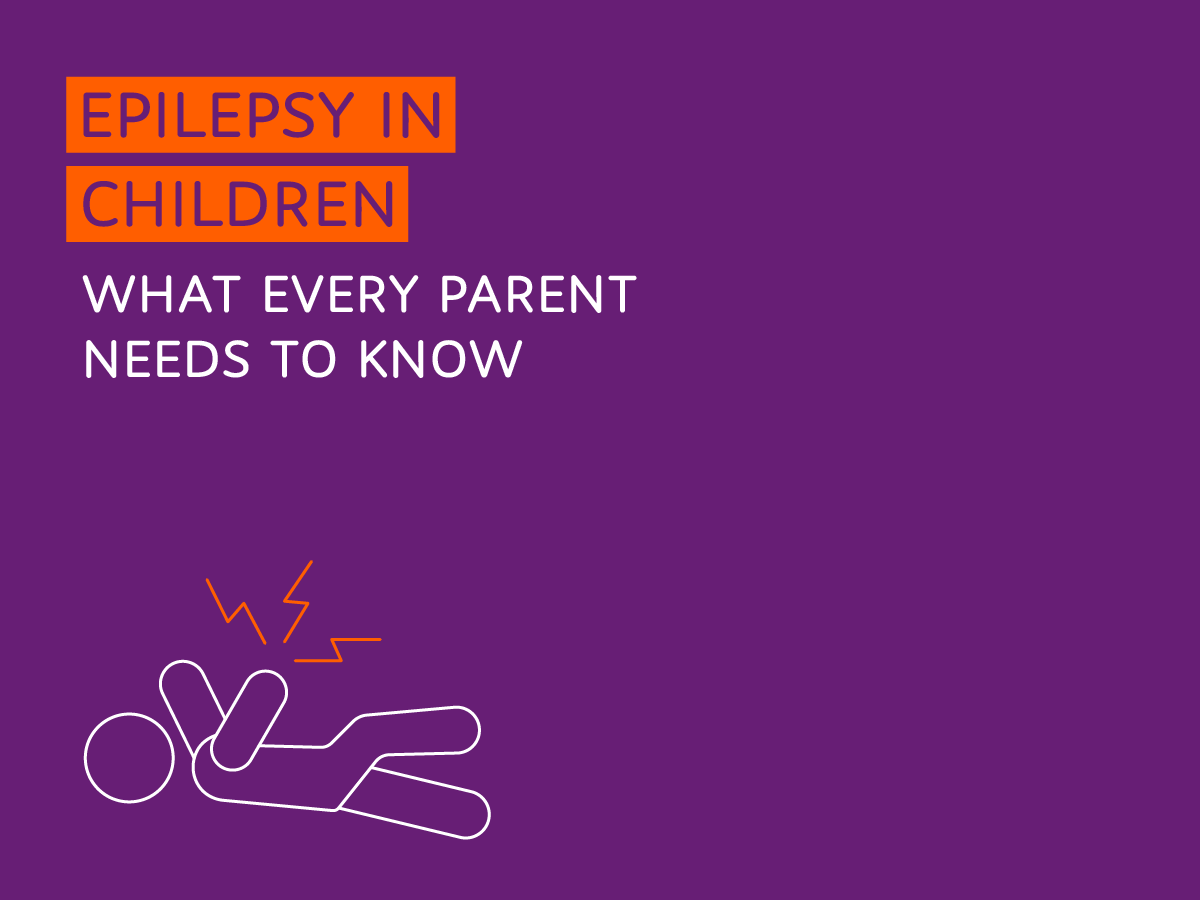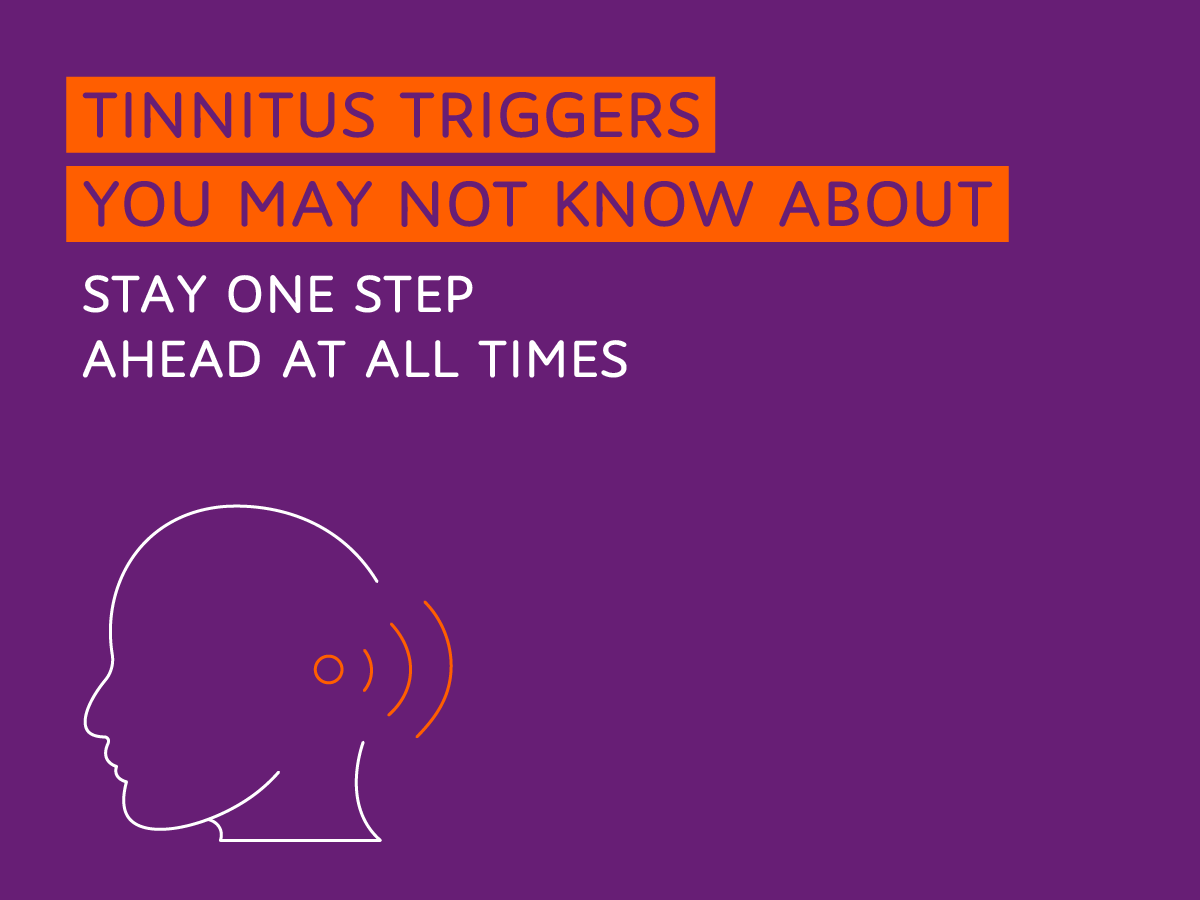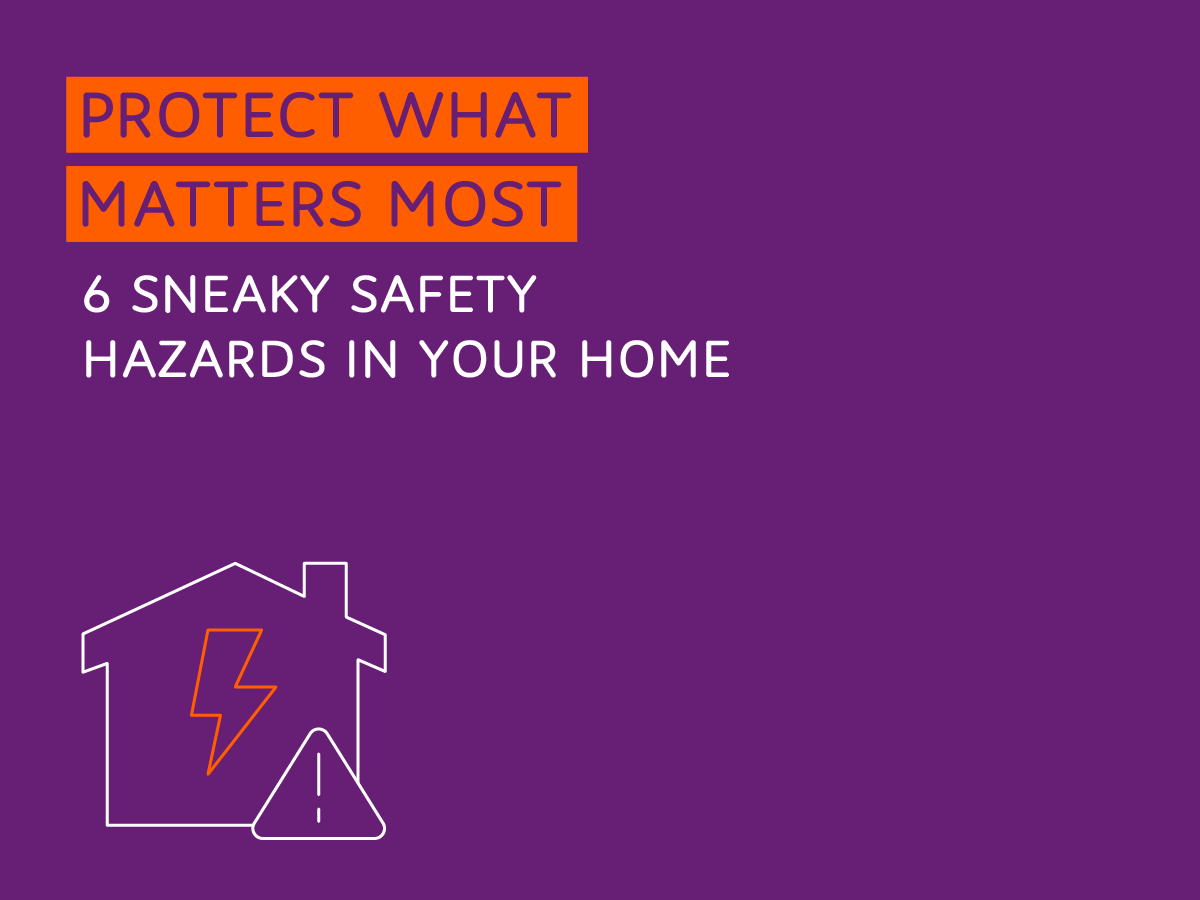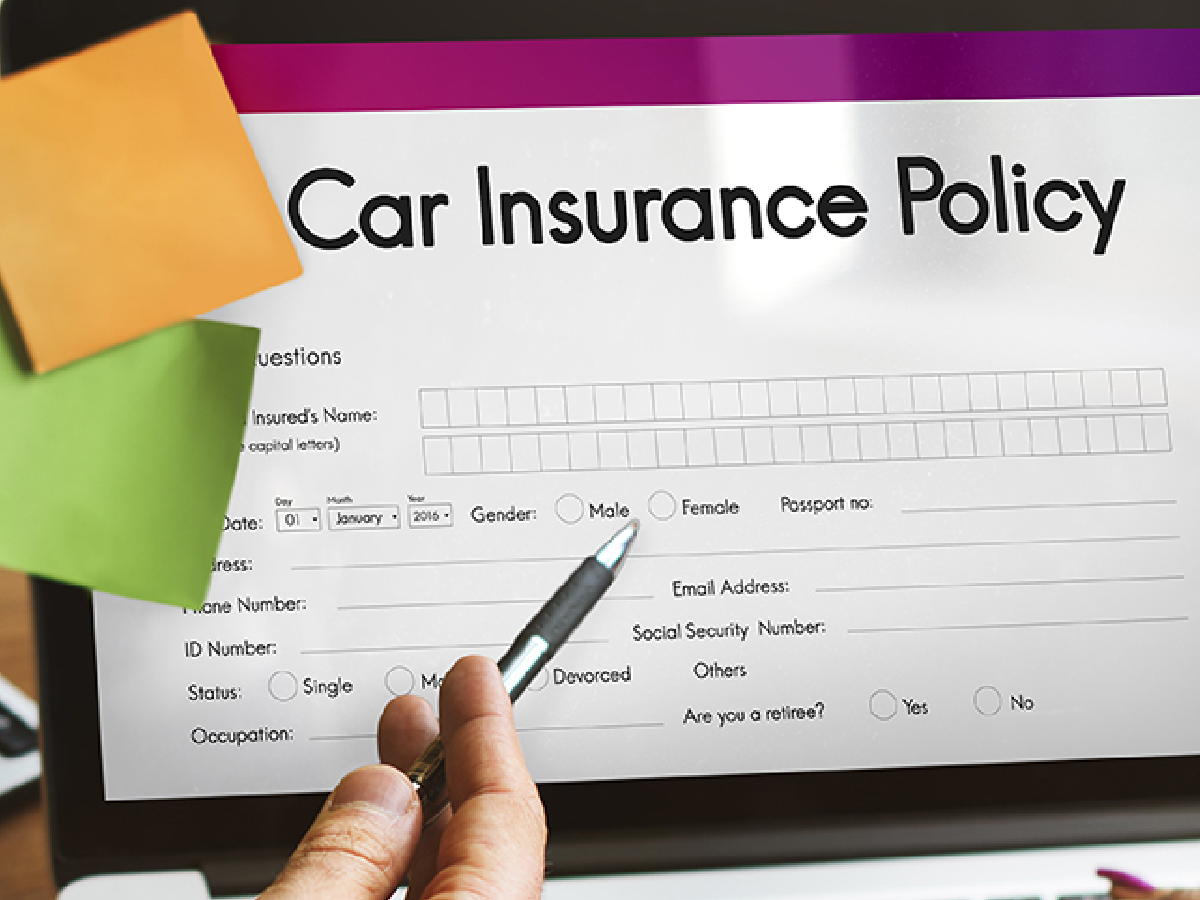Posted on May 29, 2025
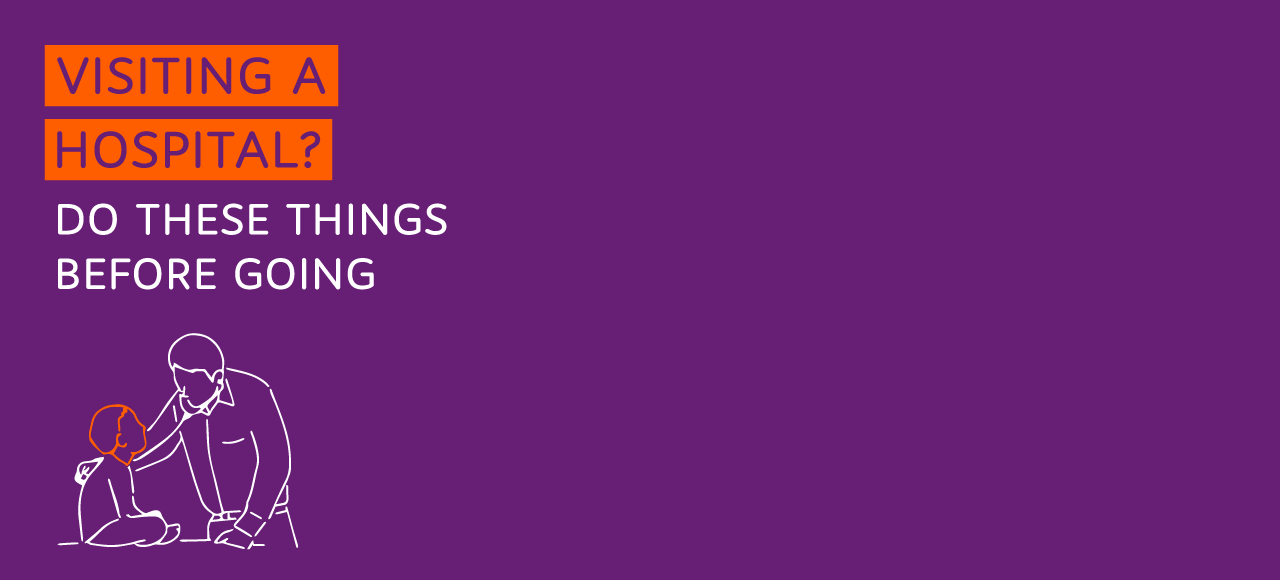
Planned or unexpected, hospital visits can sometimes be stressful and overwhelming, which is why prior preparation can make a whole lot of difference.
Before going to a hospital for outpatient or inpatient services (including admissions), you may refer to this checklist to help you be better prepared for the visit.
1. Is The Visit Even Necessary?
Not every illness requires a visit to the hospital. For minor conditions you can consider getting in touch with doctors via teleconsultation. This could help in many ways including:
• Preventing possible exposure to germs, bacteria, biohazards and other harmful contaminants which could have been the cause of discomfort and can be attended to with over the phone prescriptions.
• During emergencies, you might end up using resources and healthcare services that might benefit someone in critical condition.
• Overusing hospital resources for minor issues could lead to longer wait times and inflated expenses.
Speaking to licensed medical professionals over the phone via telehealth, especially if your health insurance plan like Sukoon’s offers the service, will only ensure quality care at the comfort of your home. The doctor will be able to refer you to a hospital if your medical condition demands a visit.
2. Verify Your Insurance Coverage
Knowing the benefits in your insurance plan is key to get the best care and ensure speedy recovery. You can keep the below information handy:
What’s Covered
Check if the medical procedure you need is included in your policy. Also, know how much is covered – certain covers have a limit, which you’ll find in your policy documents.
Your Co-Pay and Deductibles
Know your share of the bill, if any, and the out-of-pocket expenses you’ll have to pay upfront.
Hospitals Within Your Network
Visiting a hospital or clinic within your network ensures that you pay only the applicable co-insurance or deductible, and the provider takes care of the rest.
How Preauthorisation Works
Even though the medical providers are responsible for taking the necessary preapprovals, an overview of the process can come in handy. For instance, in case of Sukoon’s members, providers call 800 6626 – our 24/7 preauthorisation helpline – and get preapproved for inpatient and daycare services, MRI and CT scans, physiotherapy, endoscopies, and dental services.
3. Pack Essential Documents
Having the right documents on hand can save time and reduce stress, like:
Emirates ID
Keep your Emirates ID handy at all times. You can use this to get yourself verified as an eligible member.
Insurance Card (if applicable)
While most providers use the Emirates ID to check your eligibility, sometimes they can request for your insurance card before offering the services.
Medical Records
Your records including laboratory test results, radiology scans, doctor’s notes, prescriptions, referral letters from your primary care physician, and anything else you might think is necessary to understand your condition will help the doctors to understand your condition thoroughly and give you the best care.
Emergency Contacts
Carrying a list of “emergency contacts” will help the hospital staff contact your loved ones or decision-makers promptly. It is necessary especially if you’re unable to communicate or need someone to provide consent for required medical care.
Organising these documents in a folder or envelope can help you stay prepared and avoid last-minute scrambling.
4. Be Financially Prepared
Unexpected costs may arise during your hospital visits. Therefore, we recommend:
Having Funds in Place for Emergencies
Have some cash or a credit card – if you have one – with you. You might need to fetch medicines from the pharmacy or pay for additional tests which could be required medically and are not covered in your insurance plan.
Understanding the Claim Process
Please familiarise yourself with the claim process. For hospitals within your network with direct billing facility, ensure all paperwork is completed and processes catered to beforehand. To file reimbursement claims later for out-of-pocket expenses – especially for services availed at a hospital outside your network – keep all bills and receipts safe.
5. Prepare for Your Stay
If your hospital visit involves an overnight stay or longer, pack essentials like:
Comfortable Clothing
Carry loose-fitting clothes, slippers, a robe, and a towel.
Toiletries
Pack a toothbrush, toothpaste, shampoo, and other personal care items.
Entertainment
Bring a book, magazine, or tablet (with earphones to listen to something without disturbing someone else) to keep yourself occupied.
Chargers
Your phone, laptop, or other devices might run out of juice.
Don’t forget to inform a family member or friend about your hospital stay so they can assist you if needed.
6. Understand Your Plan
Before heading to the hospital, make sure you fully understand the procedure you are about to – or might – undergo. Ask your doctor:
What to Expect
You have the right to know what steps will be involved in the procedure, how long it will take, possible risks before, during and after the medical care (including potential side effects).
Your Recovery Plan
Understand how your recovery will look like - how long it will take to recover, the medications you might have to take, any dietary restrictions, any activities you might have to limit or avoid altogether - and anything else you should expect while recovering.
Being well-informed can help you feel more confident and reduce anxiety about the procedure.
There’s nothing to worry about!
Hospital visits can be daunting, but maintaining a positive mindset can make a huge difference. By verifying your insurance coverage, organising essential documents, and planning ahead, you can focus on what truly matters – your health and recovery.
Stay prepared, stay insured, and stay healthy!
Disclaimer: The information provided in this blog is for general information purposes only and does not constitute professional advice. Readers are advised to (i) obtain independent professional advise before making any decisions related to or arising out of this blog article (ii) carefully review their health insurance policy terms and conditions to understand their applicable coverage scope (as some benefits may or may not be applicable to you), limits, and exclusions. Sukoon Insurance PJSC does not make any representation or warranty of any kind in relation to this article/blog post including that any of the data, information, materials on this blog article are accurate, reliable, or complete. Sukoon Insurance PJSC hereby disclaims any and all responsibility or liability of any kind for any direct or indirect damages or losses of any kind caused to you in relation to or arising out of this blog article.





